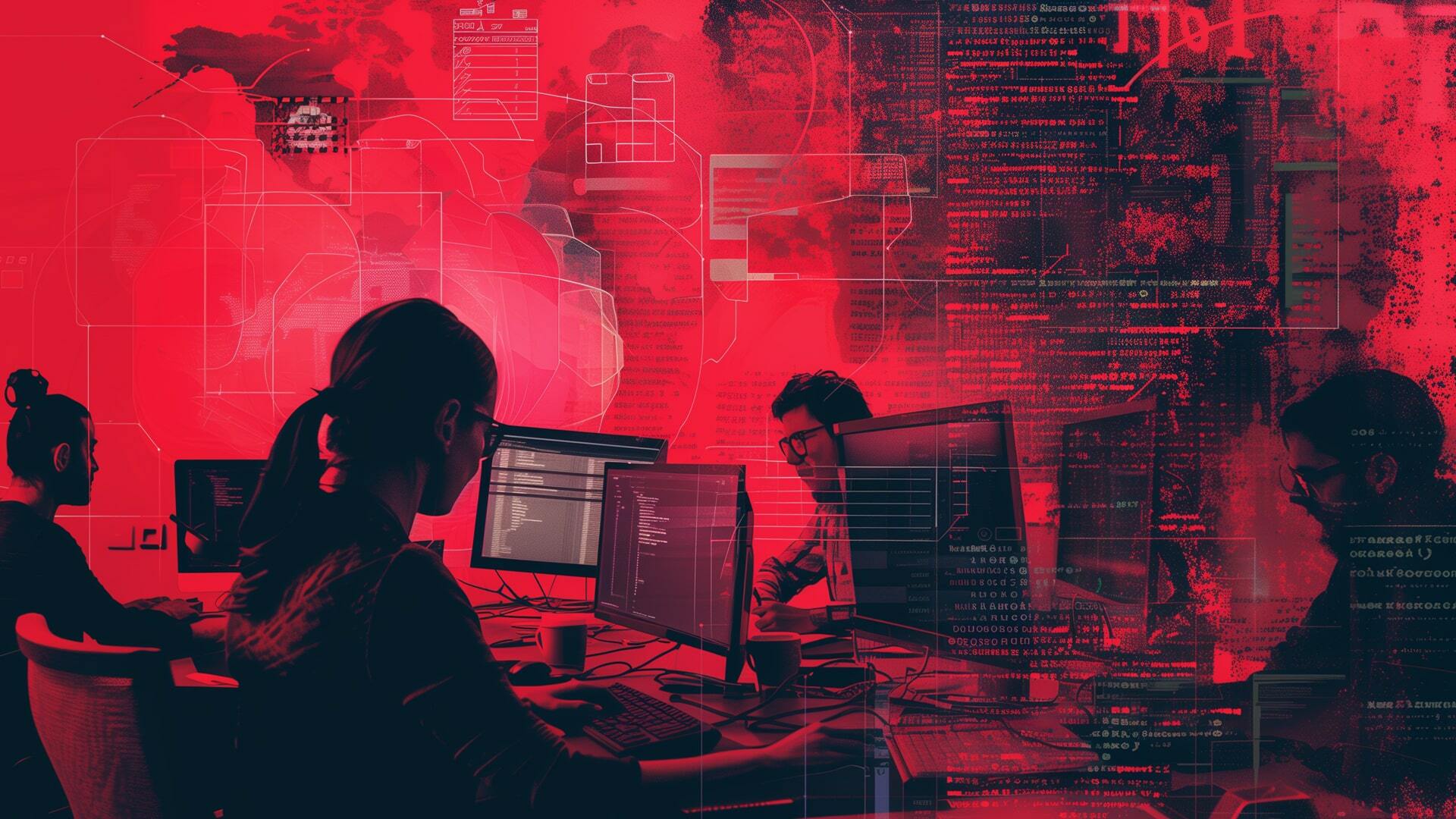- IP
- Web Development
- 03.21.2025
IP & Website Development: Balancing Ownership and Innovation for Effective Collaboration

White Paper
Executive Summary:
In the dynamic world of digital business, success depends on delivering high-performing, user-focused websites quickly and efficiently. Partnering with a specialized agency like Bonsai can streamline this process. This white paper explains how clearly defining intellectual property (IP) ownership—especially the distinction between client-specific deliverables and agency-retained reusable components—enables faster launches, lower costs, and higher-quality end products. By understanding these principles, clients can secure unique and valuable solutions while agencies continue to refine their toolkits, driving innovation across projects.
Introduction:
In website development, intellectual property shapes how agencies and clients collaborate. Most clients seek a website that meets their unique goals—branding, functionality, and user experience—without incurring excessive costs or risking unnecessary complexity. Agencies like Bonsai deliver on these needs by leveraging a blend of custom work and time-tested tools, frameworks, and methodologies accumulated over hundreds of successful projects.
This white paper sheds light on why clients benefit when agencies retain certain IP rights. It reveals how these arrangements lead to faster timelines, more stable codebases, and the capacity to adapt and upgrade solutions well into the future.
The Agency Advantage
When deciding to partner with an agency, it’s important to recognize the unique advantages this business model offers. While leveraging an internal team is an option, it comes with significant challenges:
- Specialized Knowledge and Experience: Internal teams often lack the expertise required for complex projects.
- Higher Costs: Recruiting, training, and managing a team incurs substantial expenses.
- Increased Risk: New teams often face inefficiencies and a greater risk of failure.
By contrast, Bonsai offers:
- Deep, Proven Expertise: Teams that have tackled complex integrations, e-commerce platforms, and nuanced UI/UX challenges.
- Efficient Development Pipelines: Pre-built frameworks, design systems, and code libraries that slash project timelines and enhance reliability.
- Reduced Risk and Overhead: Agencies shoulder much of the project management burden, ensuring projects launch on time and on budget.
For example, if a client needs a "find a dealer" tool, Bonsai can leverage pre-built, tested widgets from previous projects for faster delivery without sacrificing quality. This is the core of the agency model: combining experience, reusable solutions, and continuous improvement to deliver exceptional results efficiently and effectively.
What Is IP in Website Development?
General Nature of Website Development:
- Websites rely on established design principles, coding standards, and widely available technologies (e.g., CSS frameworks, JavaScript libraries).
- Most work isn’t "unique IP" in the traditional sense, but rather the tailored application of these principles to meet client-specific needs. The specific implementation—like the combination of design, functionality, and branding for the client—could be considered a unique deliverable, but it’s often not groundbreaking IP.
- The value lies in combining design, functionality, and branding to create a customized deliverable.
- The “IP” in a website project is more about the unique application of these standards to the client’s specific needs (e.g., customizations, workflows, or UI/UX that aligns with their brand). This is why retaining rights to reusable components or generic frameworks is critical for agencies like Bonsai.
By retaining ownership of reusable components, Bonsai ensures clients benefit from high-quality solutions tailored to their needs while avoiding unnecessary custom development costs.
Ownership of Deliverables
What Ownership Means for Clients:
- Clients have full rights to:
- Use, modify, and build upon the designs and code created for their project.
- Assign or transfer ownership of the deliverables to another party (e.g., a new agency or in-house team).
What Ownership Does Not Include:
- Pre-existing Tools and Frameworks: Bonsai retains ownership of tools developed prior to the project.
- Reusable Components: Bonsai retains rights to generic libraries or methodologies used across multiple projects.
Bonsai ensures all final deliverables are customized to meet client needs while safeguarding reusable components that enable efficient, cost-effective solutions.
Misconceptions About “Work for Hire”
Why “Work for Hire” Is Not Typical for Agencies:
- If everything were “work for hire,” every project would effectively be bespoke, driving up costs and timelines unnecessarily.
- Agencies build cumulative expertise by developing reusable tools and frameworks.
- Transferring all IP to the client would limit future innovation and efficiency.
- Most industry-standard agency agreements involve:
- Ownership of Deliverables: Clients own their tailored solutions.
- Retention of Reusables: Agencies retain rights to non-unique components.
Clarifying Ownership vs. Reusability
|
Ownership by Client |
Retained by Bonsai |
|
Final deliverables (designs, code) |
Pre-existing tools and frameworks |
|
Customizations and branding assets |
Reusable components and libraries |
|
Rights to modify, transfer, or adapt |
Proprietary methodologies and processes |
This distinction ensures clients receive tailored, exclusive deliverables while Bonsai maintains its ability to innovate and improve.
Examples of Reusable Components
Bonsai has developed various reusable tools that benefit multiple projects, including:
- "Find a Dealer" widgets for location-based services.
- Blogging engines for streamlined blog production by non-technical personnel.
- Interactive content modules for enhanced user engagement.
Retaining ownership of these tools allows Bonsai to refine and improve its offerings while delivering exceptional results to every client.
Conclusion and Recommendations
Clearly defining ownership and reusability is essential for successful client-agency collaborations. Bonsai’s approach balances client needs with agency capabilities, ensuring:
- Clients receive high-quality, tailored solutions.
- Agencies retain the ability to innovate and deliver cost-effective results.
By understanding these principles, clients can maximize the value of their agency partnerships while enabling scalable, future-ready solutions.